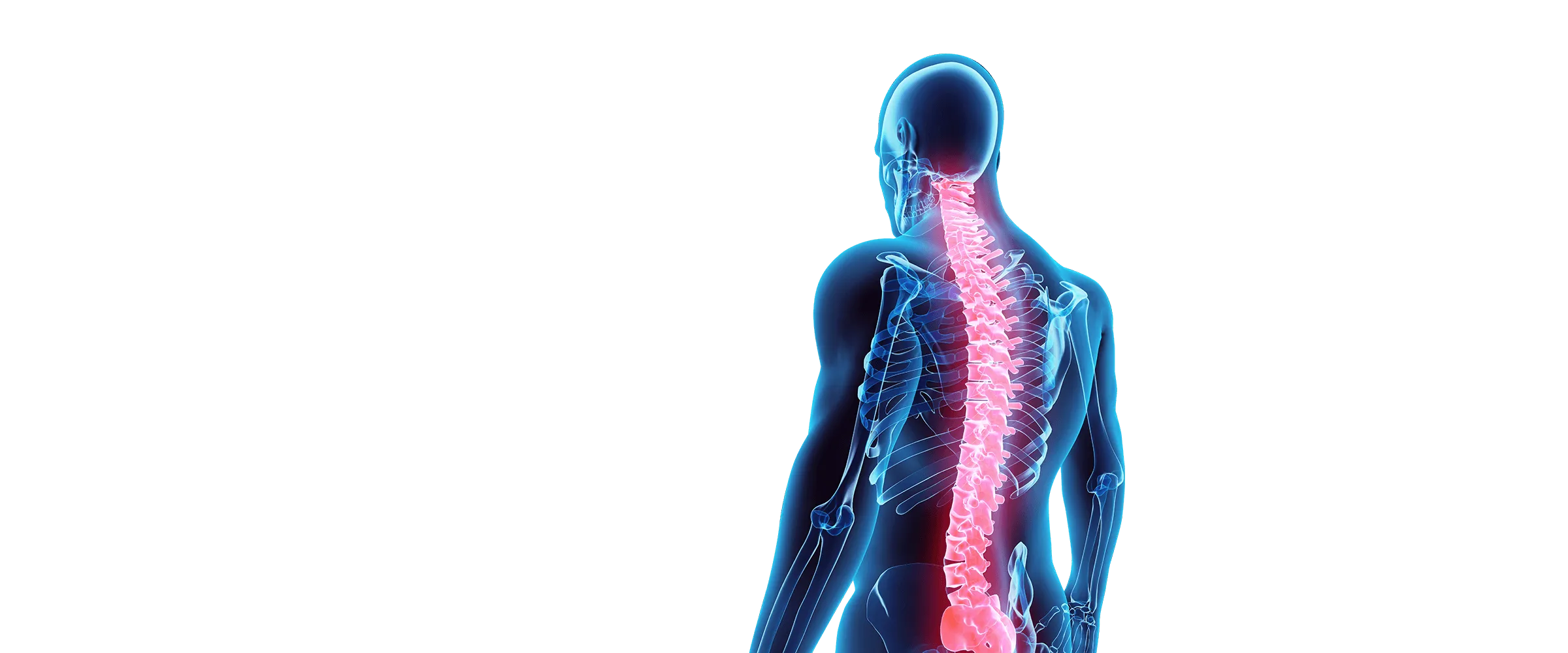Everything You Should Know About Osteoporosis

Definition of Osteoporosis
Osteoporosis is a condition that affects the integrity of your bones. Your bone cells are constantly dying, a process known as demineralization. As the cells are replaced, it's known as bone remodeling or remineralization. When you're a child or teen, this process happens continuously, and your bones remain strong. However, once you reach your mid-to-late 20s, this process tends to slow. In fact, you usually reach your peak bone mass by 30.
Throughout the aging process, this continues to slow. You can then develop osteoporosis. As mentioned, it's most common in women after menopause due to hormonal changes. However, men are at risk as well.
Generally, a bone density test to assess the mineral content of your bones is recommended at 65 if you're a woman. On the other hand, the process is usually a bit slower for men, so if you're a man, your practitioner may suggest a bone density test once you reach 70.
You're also more at risk for osteoporosis if you're a man or woman with a small frame or who have a familial history of this condition. Thyroid problems, mineral deficiencies, and other issues could increase the likelihood of you developing this condition as well.
Signs of Osteoporosis
You won't notice that your bones are becoming weak and brittle without a test. However, you may have more frequent fractures, such as when you fall. These fractures most commonly occur in your spine, wrist, or hip. When the condition is severe, you may develop a fracture from minor bumps. Sometimes, even a cough or sneeze could put enough pressure on a bone to cause a fracture.
If you don't receive a diagnosis of a back fracture, you may notice that your recurring back pain is from a collapsed or fractured vertebra. Small fractures may occur in your spine, which can lead to you losing height over time. Additionally, you may develop a stooped posture as the result of your bones weakening in your spine.
How a Chiropractor Can Help
Central Alabama Spine Center will thoroughly assess your bone density tests as well as your medical history. Central Alabama Spine Center may recommend lifestyle changes you can make to avoid a fracture. Additionally, they may recommend supplements to help with the mineral content of your bones.
One of the most common chiropractic treatments for osteoporosis is exercise. Central Alabama Spine Center will guide you through different exercises that gently work your muscles. Ultimately, this can help strengthen your bones as well. Central Alabama Spine Center may also recommend balance exercises to decrease your risk of a fall.
Osteoporosis is common, but a chiropractor can help. Plus, you receive a customized plan and can prevent further complications.


